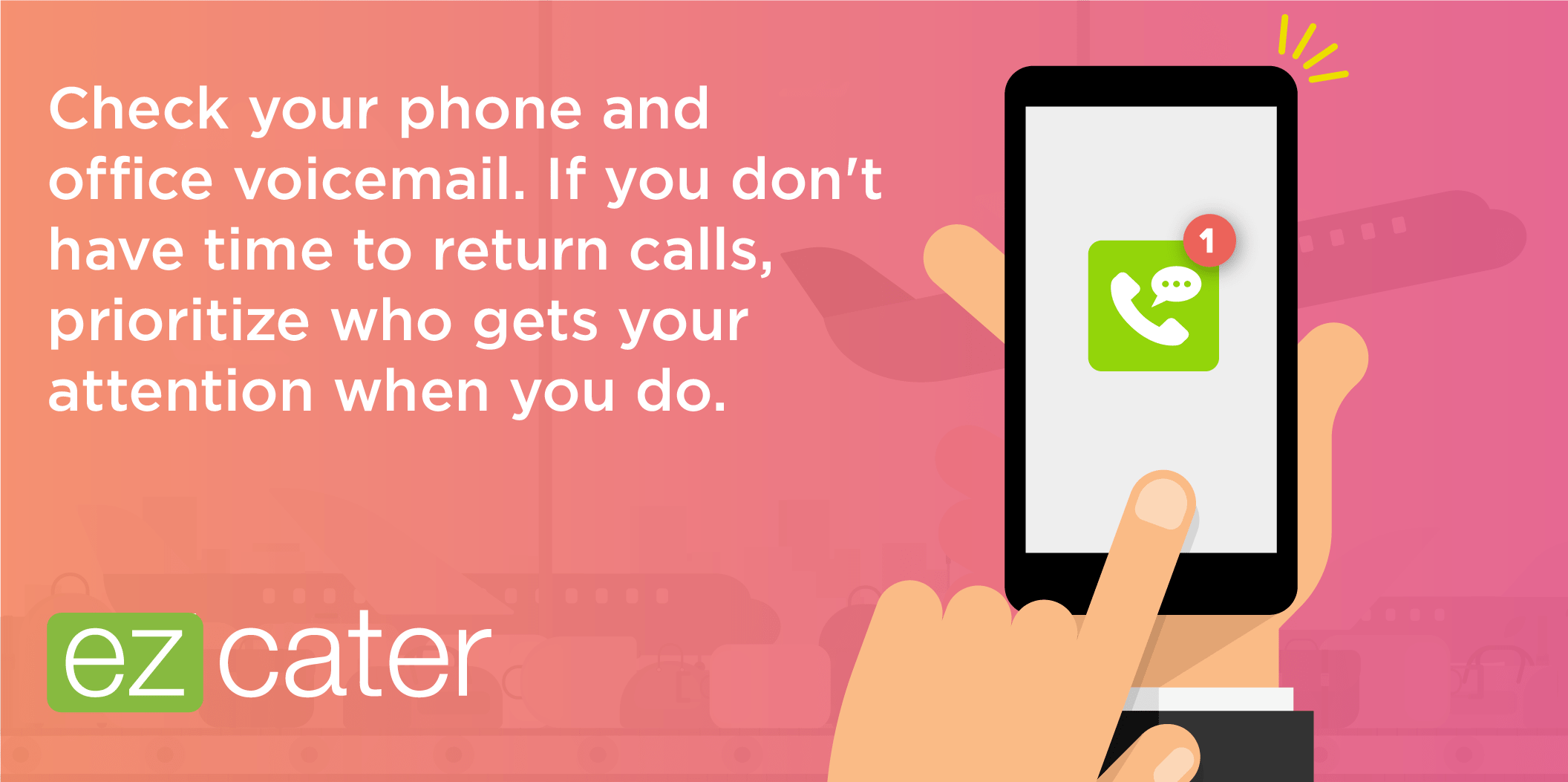7 Ways to Make the Most of Your Downtime During Travel for Work
- Kristi Hines
- •
- 4 Min Read
- •
You’re stuck in your hotel room during your business trip, twiddling your thumbs, wondering what to do for the next few hours or even few days. If you travel for work often, this is probably a familiar scene. Fortunately, taking advantage of that downtime can be really productive, both professionally and personally. Here are seven ways to make the most of downtime when you’re traveling for work.
1. Recharge
Business trips are can be stressful for a variety of reasons, as noted by Entrepreneur. You’re trying to acclimate to new place and maybe even a new time zone. And you’re probably also engaging with new people. Even if you’re the most extroverted salesperson, you still need time each day to recharge your batteries. It might be an hour break at your hotel, sitting at a park, or having a lunch or dinner to yourself. Whatever it is, make sure you carve out a little you time that is people- and stress-free.
2. Respond to Voicemails
When you’re traveling for work, you might be getting sales calls that are filling up your voicemail box. When you have a few moments, be sure to check your phone and office voicemail to flag the critical messages from your colleagues and customers. Even if you don’t have time to return calls, you can prioritize who gets your attention when you do have time. Or if a problem has come up, you may be able to shoot a quick message to another colleague who can tackle it while you’re on the road.

3. Clean Out Your Inbox
A lot of your business is probably conducted through email. So your inbox is the next thing to tackle. Besides checking for critical messages, you can also look for ways to get your inbox down to zero by:
- Archiving generic office memos
- Sorting group emails
- Decluttering emails that don’t require your attention
- Clearing out your junk mail
4. Turn Notes Into Action Steps
Does your travel for work include professional development? If so, use the time in between training sessions to refine any notes you took. And then, convert them into action items. When you come back from seminars and apply what you’ve learned at work, you recoup the investment you (or your company) made in the training. Use those action items to bring new ideas to your team. You will become a role model for others who need to implement similar items in their own projects.
5. Plan Ahead
In some cases, business travel results in more events to add to your calendar. For example, after attending a major industry event, you may need to line up sales meetings for when you come home. Use your downtime to plan the ins and outs of your upcoming sales meetings — who to meet, where to host, what time of day, what foods to order for catering, what to cover in your agenda, and so forth. Set aside dates on your calendar and begin to think about your favorite catering menus so you’ll be a few steps ahead when you get back to the office.
Use your downtime during work travel to plan the ins and outs of your upcoming sales meetings Click To Tweet6. Assess Your Suitcase
If you travel for work often, streamlining the items you bring can make a big difference. Can you get away with a simple carry-on? Or do you need a bellhop to help you with your bags? Use some downtime in your hotel room to re-examine everything you brought with you. Determine whether you need everything you brought. Ask yourself is there something you always end up buying when you get to your destination that you could bring from home instead. It might help you pack smarter for the next trip and save you money at baggage check or the closest convenience store. And, the less time you’re thinking about packing, the more time you can be devoting to closing the sale.
7. Be a Tourist
Travel for work can include some playtime too. Take a free morning or afternoon during your trip to be a tourist when you’re somewhere new. A few hours on the beach or a ride around the historical landmarks of a metropolitan can help make your business trip more fulfilling from a personal standpoint. Unless your company has very broad T&E guidelines, you probably can’t report your ticket to the local art museum. But there is probably enough leeway — especially if you’ve already made the deal — to take a little time to yourself in a new city.
Planning a follow-up meeting when you come back from a trip?







